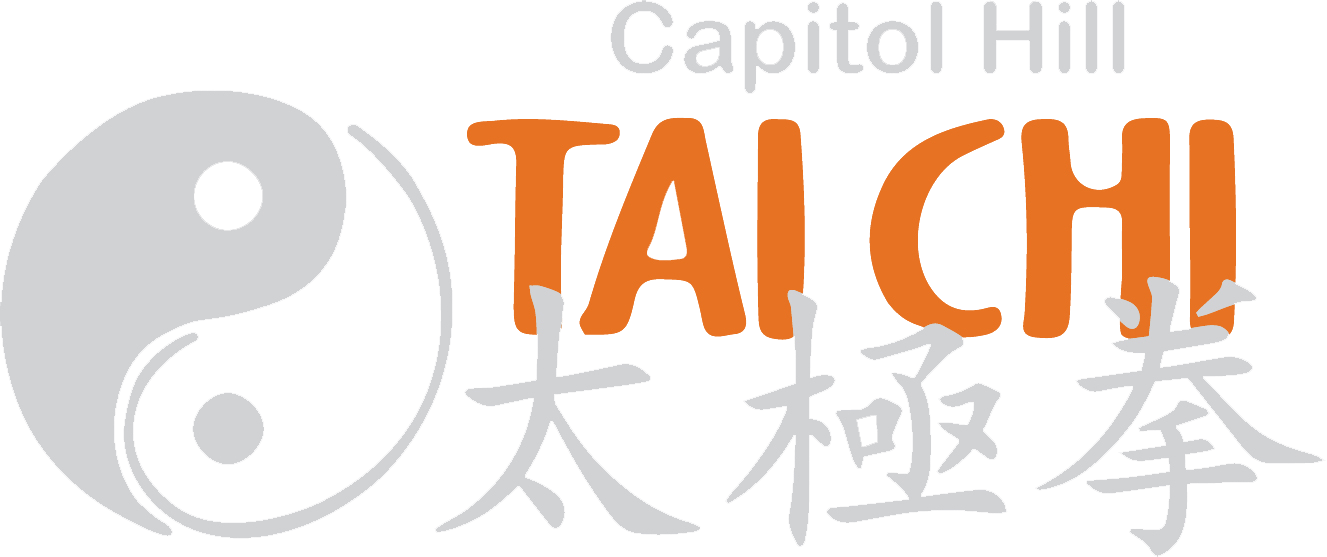The Amazing and Unique Health Benefits of Tai Chi
by Dr. David Walls-Kaufman
I was attracted to Tai Chi because of the exceptional abilities of my teacher, Mr. Benjamin Lo, when I first met him in 1975 on his way through DC to join Robert Smith’s Bethesda, Maryland group on the way up to New York City and the memorial for Prof. Cheng on the occasion of his tragic death to be held at the Shih Jung School.
Ben Lo did a demonstration that night that left us all gasping at the fact that he was, indeed, a superman! “No, no!” he sharply retorted in his awful English, in desperate earnestness that our large group not perceive him as exalted. “Not superman! . . . . Super NORMAL!”
Have no doubt about it, my friends – he was superman.
But now, two significant articles on the overarching health benefits of tai chi lead me to inject this, yet another, post into the towering torrent of human internet cogitation. As always, I hope mine are better written than most – the verdict is up to you.
The first article comes from my very good tai chi friend, C.J. Rhoads, in the very fine, and now discontinued Journal of Asian Martial Arts, edited by Mr. Michael DeMarco. This journal was regarded by Mr. Smith as his favorite journal, and he constantly recommended it to all serious students of martial arts. C.J.’s article, entitled TaiJi and Qigong Health Benefits: How and Why They Work, is in Volume 21 Number 1, 2012.
In this article, C.J. and her co-authors, Duane Crider and Dina Hayduk, review the now hundreds of studies on tai chi, and other exercise, to overview the emerging consensus on how exercise and tai chi work, what are the benefits, and how these benefits take shape.
The consensus is that, while there is still great difficulty defining what tai chi is and is not, the research offers up the observation that, clearly, there are no other forms of exercise that come close to the total package of benefits resulting from Yoga and tai chi, and that tai chi is significantly above Yoga, with all others trailing far behind, including meditation by itself, which personally I found interesting since I thought most of tai chi’s benefits were linked to its meditation component.
The reasons are that tai chi and Yoga both emphasize four pieces – relaxation, slow movement, deep slow breathing and “focused intent”.
And this is all minus the extra, ethereal component that nobody believes in – the oh-so-weird and ephemeral “chi”!
So, in a nutshell, students and teachers of tai chi alike should realize that there is no other single exercise, or collection of exercises, that will come close to the total picture of benefits that tai chi alone will bring them. It is the most bang for the buck. . . . So, why ever quit? Don’t be stupid: What else are you going to do? What else are you looking for?
The second article comes from the Stanford Center on Longevity and a ground-breaking interdisciplinary study led by Associate Professor in Orthopedics, Jessica Rose, who imaged the brains of tai chi masters.
I find this important because of the universal concern for the maintenance of our brain and faculties as we age. Here, Rose images the brains of tai chi masters to find clues on how well tai chi preserves the human brain against disease and as a person ages. This article selects what I think is a very telling quote from Rose, in which she “enthusiastically” states:
“They have beautiful brains.”
Apparently, the loveliness and preservation of the tai chi brain leaves the researchers feeling some shade of wonder.
This is truly terrific news! . . . .
I, for one, am blissfully content with the summations in both of these fine articles.
And, for all the damned standing and holding of tai chi postures I do, after the immediate rush of excitement mixed with relief in gratitude for the choice I made so many decades ago to pursue tai chi, and that I am seemingly not wasting my time – there is also a subtle slap-back reaction of – “There better be this kind of result!”
Because the tai chi commitment of anyone serious, as we all know, is huge.
Now watch, for this slip of ingratitude, God will punish me! I will be the only tai chi master left drooling and slouched, lashed with straps to the nursing home wheelchair, prematurely demented, the constant go-to butt of jokes of the cold-hearted staff who feed me scoops of cat shit and Sterno then post it on the internet!
All my decades of work for naught!
In conclusion, these two articles together depict tai chi as probably the preeminent form of human body, mind and spirit activity. All the more encouragement to practice hard, practice often, and persevere – which Prof. Cheng always said, and Ben Lo echoed, was the most important ingredient in tai chi practice.
Practice. Patience. Perseverance.
